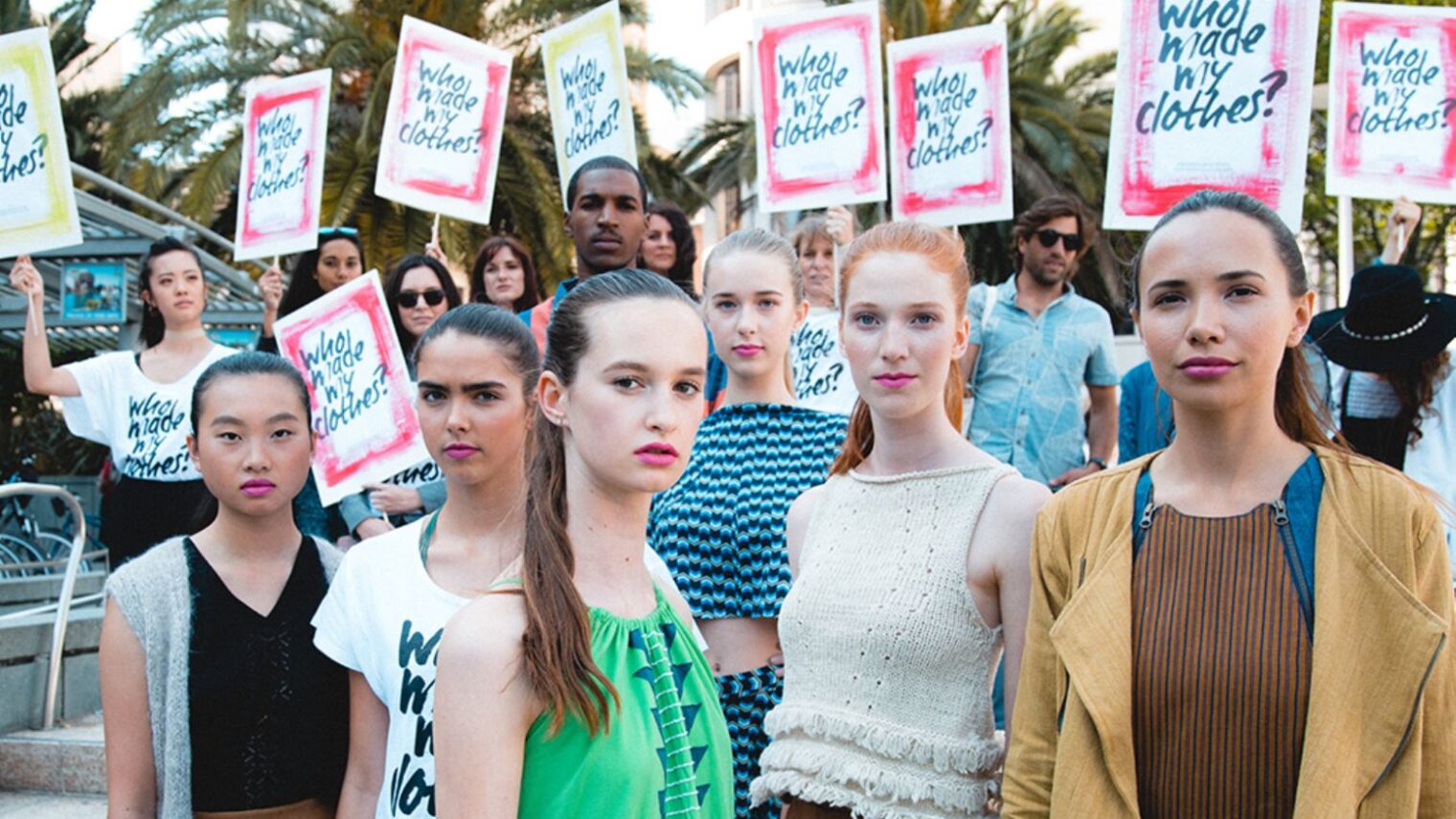Daniella Zakon was horrified to learn that the textile industry is second only to the oil industry as a source of environmental pollution, and that many garment workers are exploited and underpaid.
But when she looked online for clothes made from natural materials using sustainable methods and fair labor, she discovered that nobody was aggregating the many small retailers in this space.
With the help of a fellow immigrant to Israel, the native Texan founded the online shopping platform Marrakesh to build a community around these vendors and give them equity.
“Marrakesh is like Etsy, but for sustainable and ethical products from around the world,” says Zakon. “We’re giving a voice to slow fashion, from handmade Mexican shoes to Filipina pineapple ‘leather.’ We’re empowering people from all corners of the world to come together and allow consumers to vote with their wallets.”
Zakon, 27, started a master’s degree in environmental studies and business at Tel Aviv University in 2016 after a few years in coral-reef ecology.
“I was frustrated by cleaning up messes and felt it would be more efficient to prevent them from happening in the first place,” Zakon tells ISRAEL21c. “When I learned that fashion is the second most polluting industry, I figured this would be a good place to start.”
Her research revealed that the textile industry is rife with worker exploitation and causes more than 20 percent of the water pollution on Earth. Some 8,000 chemicals are used to produce textiles, and 10% of all pesticides applied are used to grow cotton.
Acknowledging the problem, Levi Strauss recently announced its commitment to reduce emissions by 25%, use 20% renewable energy by 2020, increase the percentage of products made with water-saving finishing techniques and to use 100% sustainable cotton by 2020.
But few people know about smaller companies trying to make a difference.
Slow fashion
Seeking a partner with solid business experience, Zakon was introduced to Richard Rubinstein, 36, a recent arrival from South Africa with a background in digital marketing and managing 17 startups in health and technology.
They incubated Marrakesh in the startup accelerator TheHive, operated by Gvahim, a Rashi Foundation subsidiary that helps new immigrants and returning Israelis build their career in Israel. Marrakesh received first prize at the accelerator’s 2017 Demo Day in Tel Aviv.
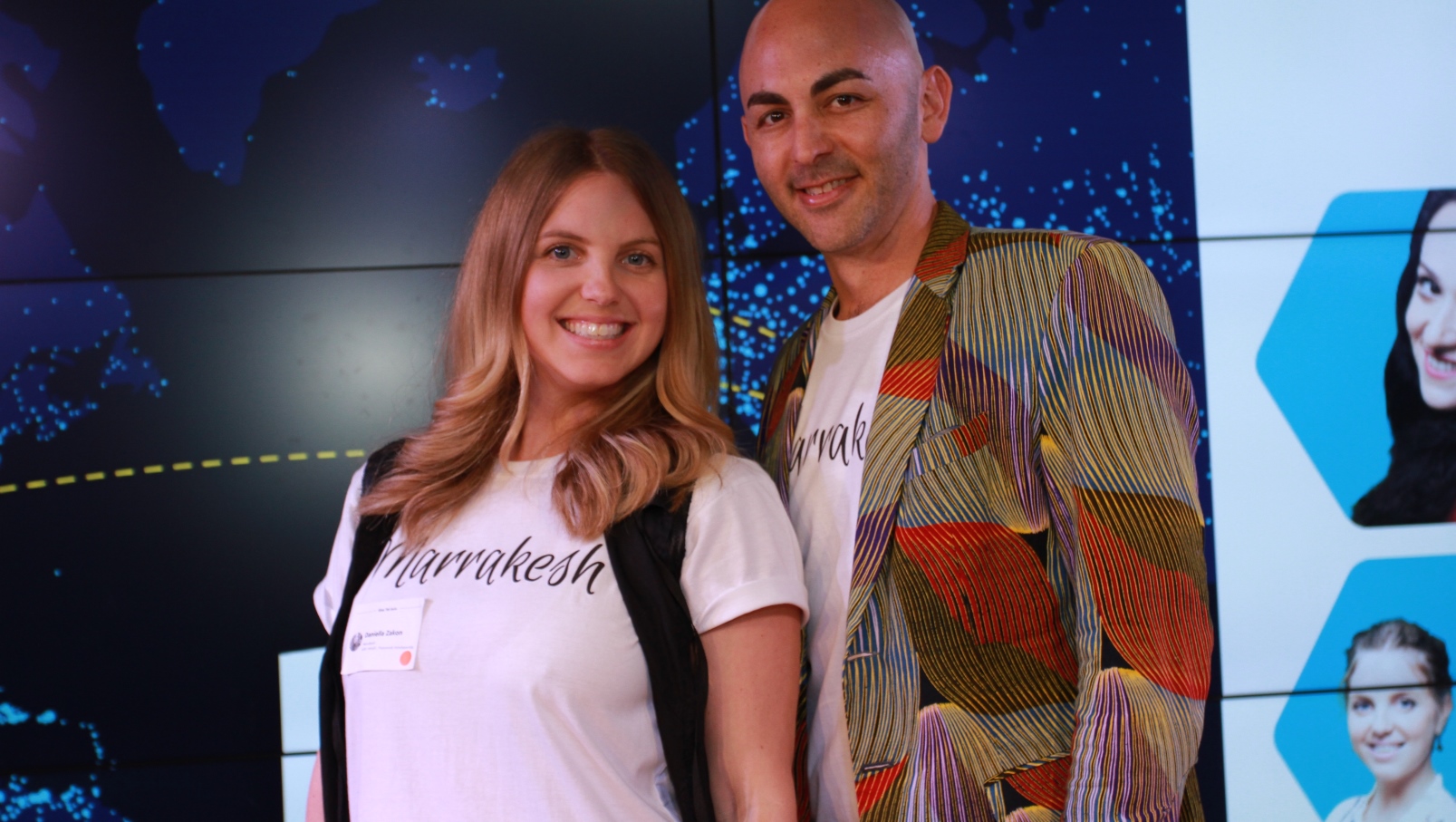
Zakon and Rubinstein researched, identified and contacted hundreds of brands that fit the profile. Each retailer wishing to upload products on the beta site must specify what ecological or ethical benefit it offers, such as fair trade or recycled textiles. Early adopters will review, rate and rank the brands on Marrakesh.
“Further down the road we will find ways to put our own stamp of approval on all products,” says Zakon, who went on a fundraising trip to the United States this summer.
Among the Israeli brands participating are Roni Kantor, Naomi Maaravi, EcoLove, Sack Pack 22, Woodies Sunglasses and Neutra Atelier. Marrakesh will take a percentage of each sale on the site.
“We have 50 brands waiting to upload their products on the site,” says Rubinstein. “We’ve gotten a lot of interest from suppliers and designers in Mexico, Brazil and Argentina. Latin America is a massive market for brands as well as buyers.”
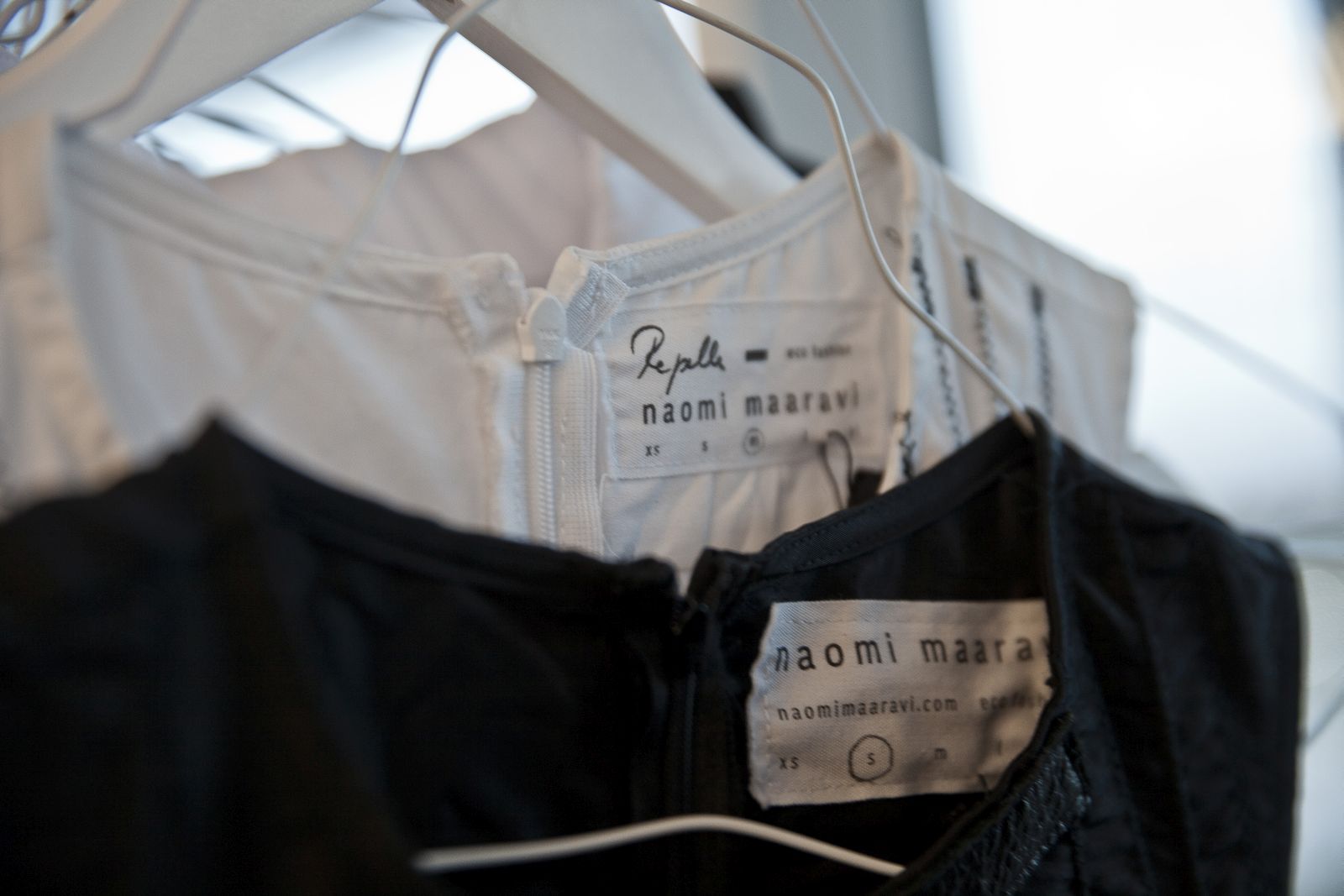
The Marrakesh beta landing page has hundreds of registrants, mostly from the US and UK but also from places such as Malta and Thailand.
“What separates us from online stores is that our community is engaging in the success of the brand by sharing their stories and approval. There will be a lot of conversation, events created and groups formed,” says Rubinstein.
The website will have forums on sustainable fashion, fair trade and workers’ rights, as well as blogs by designers and ecological fashion advocates.
Zakon believes Marrakesh will appeal to both millennials and baby boomers.
“When celebrities wear sustainable fashion it takes it out of hippie mode and starts being relevant to all demographics,” says Zakon.
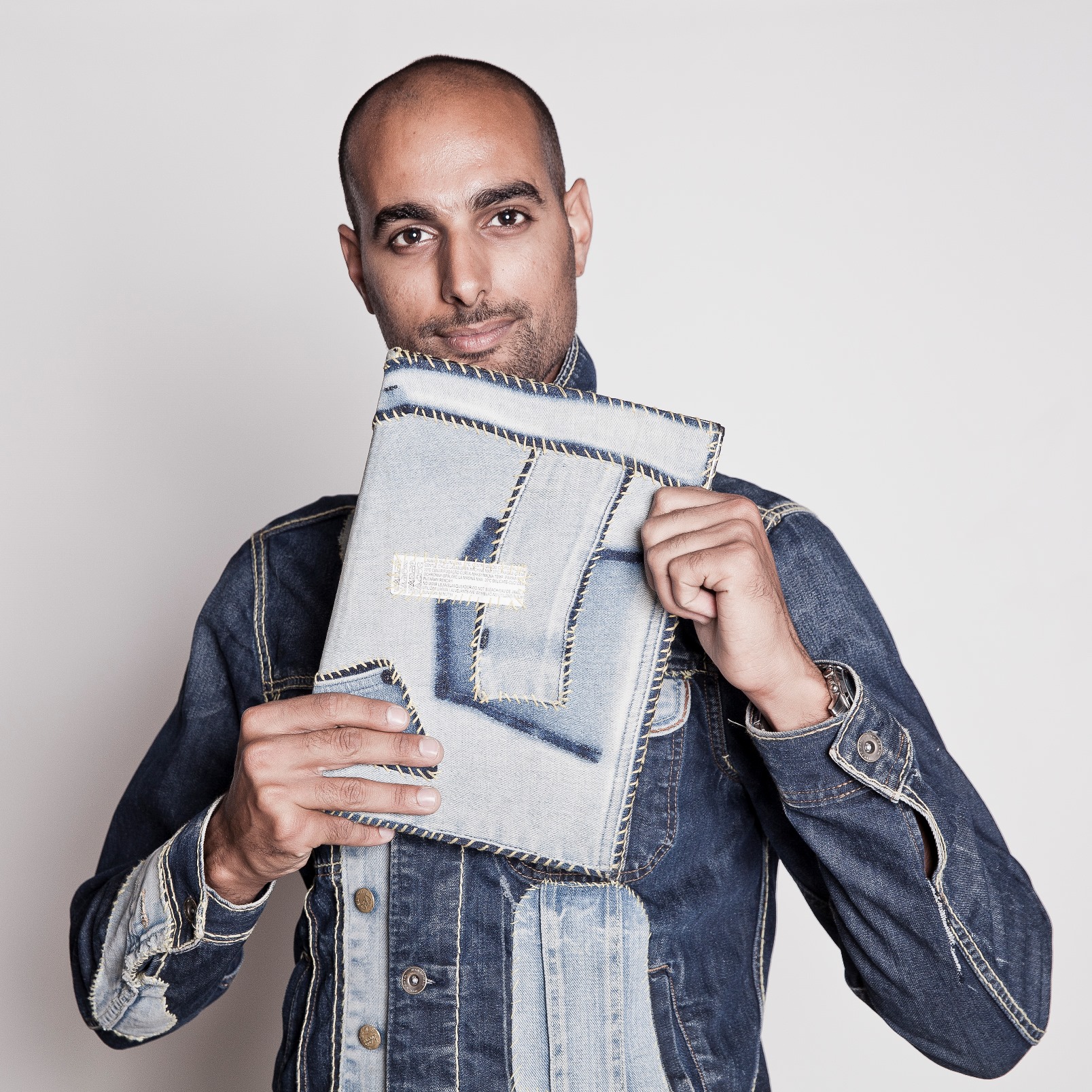
Fashion Revolution Day
Last May, Marrakesh led a Fashion Revolution Day at TAU’s Porter School of Environmental Studies, following hundreds of events that took place in 90 countries for Fashion Revolution Week focusing on ethics, sustainability and transparency in the fashion industry.
Attendees were invited to wear their clothing inside-out to promote awareness of the dark side of the fashion industry.
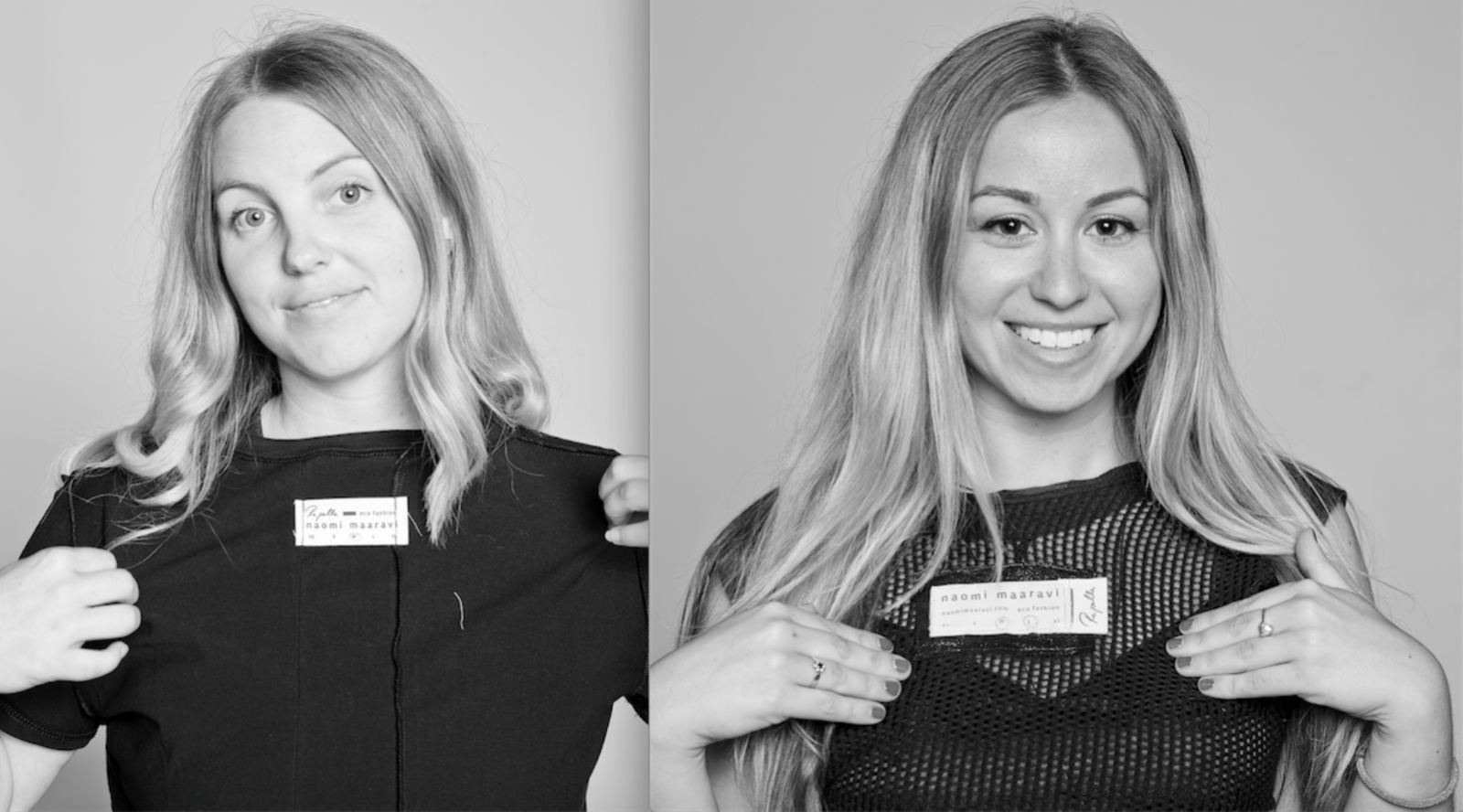
The event featured a clothing swap; a fashion show of Israeli sustainable designers; a screening of “The True Cost” documentary; and talks by an ex-fashion reporter, a PhD student researching women’s rights in the textile industry, and Yair Engel, a lecturer on sustainability in textile design at Shenkar College of Engineering and Design, which hosted Israel’s first sustainable-fashion hackathon in 2015.
“Shoppers and designers have to have this moment to be inspired to start designing and shopping differently and I’m glad we are able to give everyone that moment,” says Zakon.




